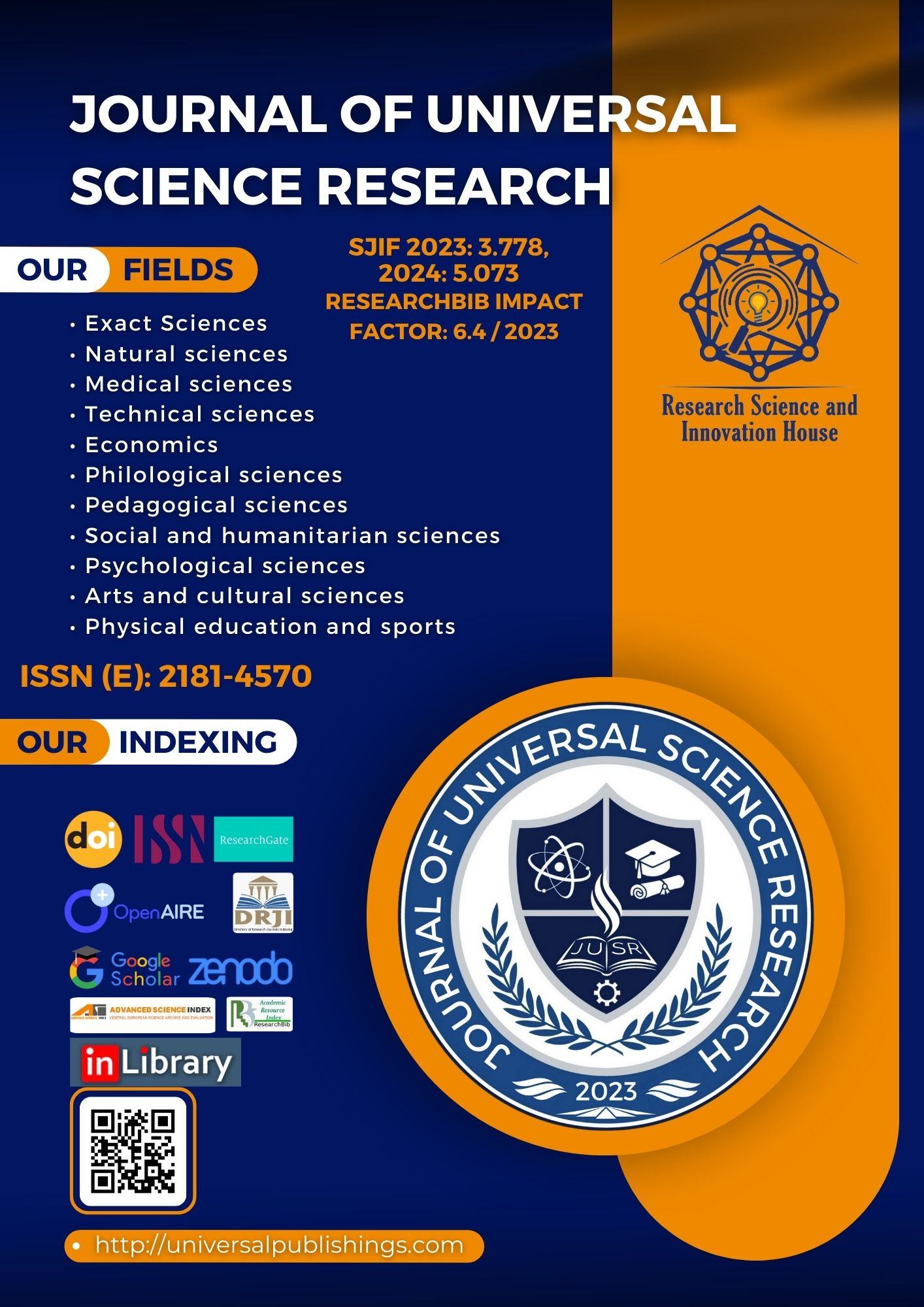Abstract
The role of psychology in the academic achievement of foreign language learning is multidimensional, encompassing cognitive, emotional, and social factors that shape the language acquisition process. Psychological principles provide insights into how learners process, retain, and apply new linguistic knowledge, highlighting the importance of motivation, memory, and anxiety management. Motivation, a key psychological factor, drives learners' engagement and persistence. Intrinsic motivation, such as personal interest or cultural appreciation, often leads to better outcomes, while extrinsic motivators, such as career prospects, can sustain effort in challenging tasks.
Cognitive processes like working memory and long-term memory underpin vocabulary acquisition and grammatical understanding. Strategies like spaced repetition and active recall, derived from psychological research, enhance retention. Emotional factors, including anxiety and self-efficacy, also play a critical role. Foreign language anxiety can impede performance, but interventions such as mindfulness and positive reinforcement foster confidence and reduce fear of failure. Self-efficacy—the belief in one’s ability to succeed—encourages learners to persevere through difficulties.
References
1. Gardner, R. C., & Lambert, W. E. (1972). Attitudes and Motivation in Second Language Learning. Rowley, MA: Newbury House.
2. Krashen, S. D. (1982). Principles and Practice in Second Language Acquisition. Pergamon Press.
3. Dörnyei, Z. (2005). The Psychology of the Language Learner: Individual Differences in Second Language Acquisition. Lawrence Erlbaum Associates.
4. MacIntyre, P. D., & Gardner, R. C. (1994). The Subtle Effects of Language Anxiety on Cognitive Processing in the Second Language. Language Learning, 44(2), 283–305.
5. Schumann, J. H. (1997). The Neurobiology of Affect in Language. Blackwell.
6. Lightbown, P. M., & Spada, N. (2013). How Languages Are Learned (4th ed.). Oxford University Press.
7. Bandura, A. (1997). Self-Efficacy: The Exercise of Control. W.H. Freeman.
8. Oxford, R. L. (1990). Language Learning Strategies: What Every Teacher Should Know. Newbury House.
9. Ellis, R. (2008). The Study of Second Language Acquisition (2nd ed.). Oxford University Press.
10. Vygotsky, L. S. (1978). Mind in Society: The Development of Higher Psychological Processes. Harvard University Press.

This work is licensed under a Creative Commons Attribution 4.0 International License.

